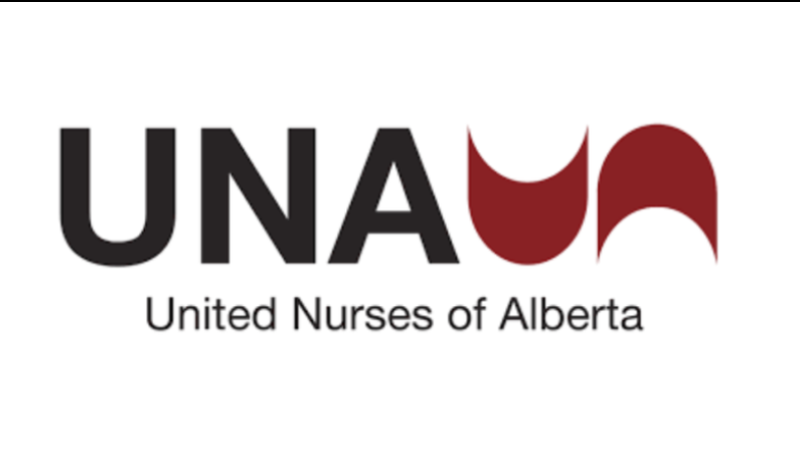
United Nurses of Alberta president questions rollback rationale
The president of the United Nurses of Alberta (UNA) questions what rationale the UCP government is using to antagonize an, “already exhausted and emotionally depleted workforce.”
That workforce includes almost 1,000 nurses at Red Deer Regional Hospital and approximately 3,000 in AHS’ Central Zone.
Heather Smith alludes to Finance Minister Travis Toews’s announcement Tuesday that the government wants nurses to take a three per cent wage rollback in collective bargaining.
“Do they want job action,” Smith questions.


